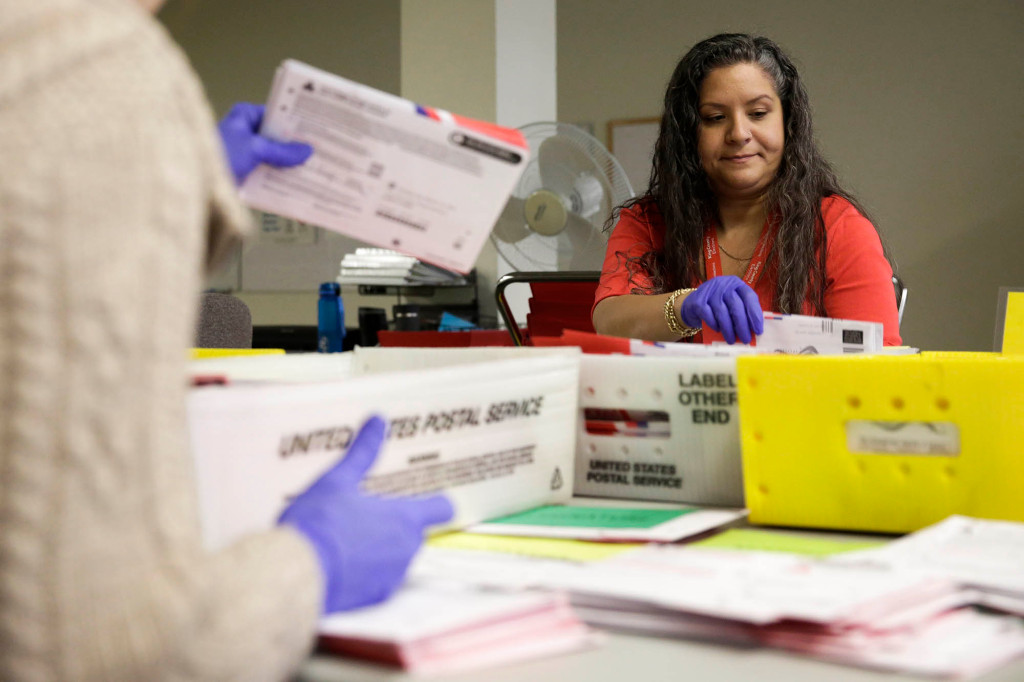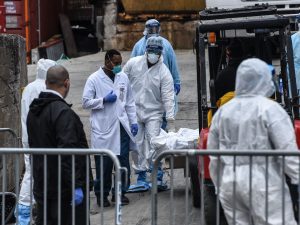States are weighing measures to facilitate voting in November’s presidential election as they struggle with social distancing orders during the worldwide coronavirus outbreak, according to a report Tuesday.
“The more people who vote early or vote by mail means fewer people standing in line on election day,” California Secretary of State Alex Padilla told Axios.
But the effort to keep people from going to the polls in person on Nov. 3 is facing legislative and financial roadblocks.
The price tag for states to change their methods of voting could pass $2 billion, the report said.
Twelve states don’t allow voters to cast ballots by mail.
Four states — Alabama, Delaware, Kentucky and Connecticut — require voters to have a specific excuse for absentee voting and have not yet put early voting options in place for November.
The Massachusetts State Department told the website there might be enough time to change the state constitution to allow voting from home, saying the legislature might come up with a solution.
All 50 states have declared public emergencies because of the coronavirus outbreak, the National Governors Association said, which gives some of them the latitude to delay the timing of elections and change polling locations.
But federal law requires the general election be held “Tuesday next after the 1st Monday in November” of even-numbered years.
Virginia will now allow no-excuse absentee voting in May’s primary and November’s general election.
Delaware, West Virginia, Indiana and Alabama will temporarily be allowing absentee voting in primaries this spring and summer, but haven’t extended that to November.
The report says 41 states have some form of early voting options, including by mail or in person.
Thirty-four states will allow for absentee voting without an excuse in November.





















